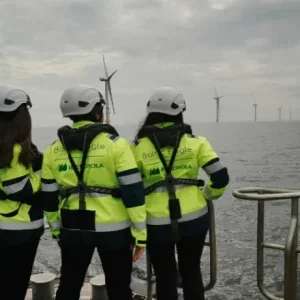The contamination warning system to be developed and evaluated by Philadelphia involves online real-time drinking water monitoring, public health surveillance, laboratory analysis capabilities, enhanced security monitoring and consumer complaint surveillance. The warning system will be designed for long-term operation.
Philadelphia was selected for this pilot because of its existing water quality protection programs and its commitment to put in place the complex systems needed to increase water security, said William T. Wisniewski, the U.S. EPA’s acting administrator for the mid-Atlantic region.
The project is expected to serve as a model for the nation’s drinking water utilities. Similar water security pilot grants were awarded by EPA to New York City, San Francisco, and Dallas.
The coordination is critical to effectively detect or respond to contamination incidents. To allow effective communication and response, Philadelphia’s Water Department will collaborate with many city and governmental agencies in this pilot including the Philadelphia Department of Public Health, the Office of Emergency Management and Pennsylvania’s Department of Environmental Protection.
The 2,000 men and women work for the Philadelphia Water Department. They deliver reliable, high-quality drinking water to over 1.6 million consumers of the city of Philadelphia.






